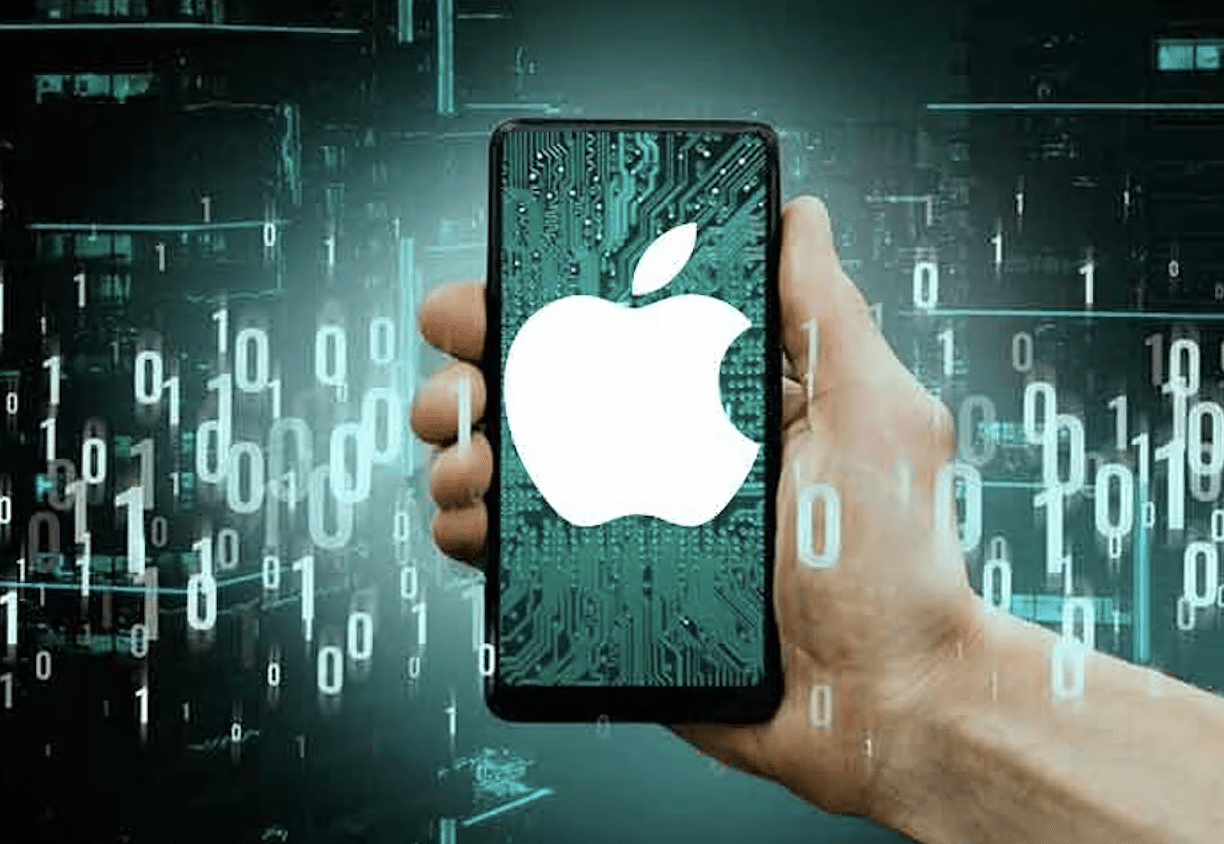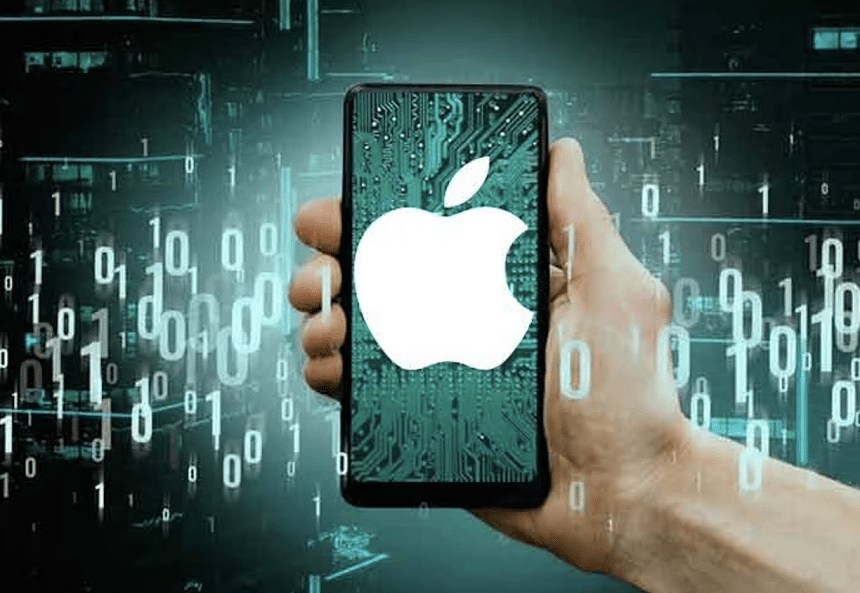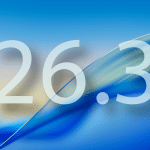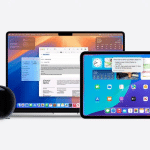In today’s rapidly evolving digital landscape, security remains a top priority for tech companies and consumers alike. Apple, known for its commitment to user privacy and robust security measures, is now exploring the integration of blockchain technology to further enhance its security infrastructure. This move not only underscores Apple’s dedication to protecting user data but also signals a new era of innovation that blends traditional technology with decentralized systems.
What Is Blockchain and Why It Matters for Security
Blockchain is a decentralized ledger technology designed to record transactions securely across multiple computers, making it nearly impossible to alter the data retroactively. Its distributed nature enhances security by eliminating a single point of failure, reducing the risk of hacking or tampering. For a company like Apple, which manages large volumes of sensitive data, adopting blockchain technology could significantly boost trust and transparency across its products and services.

This technology can revolutionize various aspects of digital security—from protecting personal data on devices to securing transactions and even authenticating software updates. Blockchain’s immutable records and cryptographic protections can prevent unauthorized access and ensure that data integrity is maintained at every stage.
How Apple Is Leveraging Blockchain
Apple’s exploration of blockchain centers around leveraging its decentralized and transparent qualities to reinforce its security ecosystem. One of the key areas under development involves the secure storage and verification of digital identities. By storing user identity data on a blockchain, Apple can create a system where identity verification becomes more secure, private, and resistant to fraud.
Moreover, blockchain can be used to authenticate software updates and prevent the distribution of malicious or counterfeit versions. This is crucial for maintaining the integrity of the Apple ecosystem, as it ensures that users receive only verified and secure updates.
Additionally, blockchain technology can improve the security of financial transactions through Apple’s payment services. While Apple Pay already offers robust security features, blockchain integration could add an extra layer of transparency and fraud prevention, making transactions safer than ever.
The Role of Blockchain in Apple’s Future Products
As Apple continues to innovate, blockchain may become an integral part of its hardware and software offerings. For instance, secure hardware wallets built into devices could enable users to manage digital assets safely, all while benefiting from Apple’s user-friendly interface. Such integration would cater to the growing interest in digital currencies and blockchain applications.
For those intrigued by the blockchain ecosystem and looking to participate in the digital asset revolution, platforms like Moonpay provide a reliable and user-friendly way to buy Solana, one of the leading blockchain projects. This connection between Apple’s blockchain initiatives and digital asset management reflects the convergence of traditional tech and emerging financial technologies.
Benefits of Blockchain Integration for Apple Users
The integration of blockchain technology offers several benefits to Apple users:
- Enhanced Security: Blockchain’s decentralized nature minimizes risks related to data breaches and unauthorized access.
- Transparency and Trust: Immutable blockchain records allow users to verify the authenticity and integrity of data and transactions.
- Improved Privacy: Blockchain can enable users to control their personal data better, sharing only what is necessary without exposing sensitive information.
- Seamless Digital Identity Verification: Streamlining identity management enhances security for apps, services, and devices.
- Stronger Protection Against Fraud: Blockchain’s cryptographic security helps detect and prevent fraudulent activities.
Challenges and Considerations
Despite its advantages, integrating blockchain into Apple’s security systems is not without challenges. Blockchain technology requires significant computational power and careful design to ensure it does not compromise device performance or user experience. Apple will need to balance innovation with usability, ensuring that blockchain-based security features remain seamless and unobtrusive.
Additionally, as regulations surrounding blockchain and digital assets continue to evolve globally, Apple must navigate complex legal landscapes to implement these technologies responsibly and compliantly.
Looking Ahead
Apple’s interest in blockchain technology highlights the company’s proactive approach to maintaining its reputation as a leader in security and privacy. By integrating blockchain, Apple can provide users with even more reliable protections while embracing the future of decentralized technology.
As this integration unfolds, Apple users can look forward to enhanced security features that safeguard their digital lives in new and innovative ways. For anyone interested in stepping into the blockchain space, the ease of buying Solana offers a practical way to engage with this revolutionary technology.












